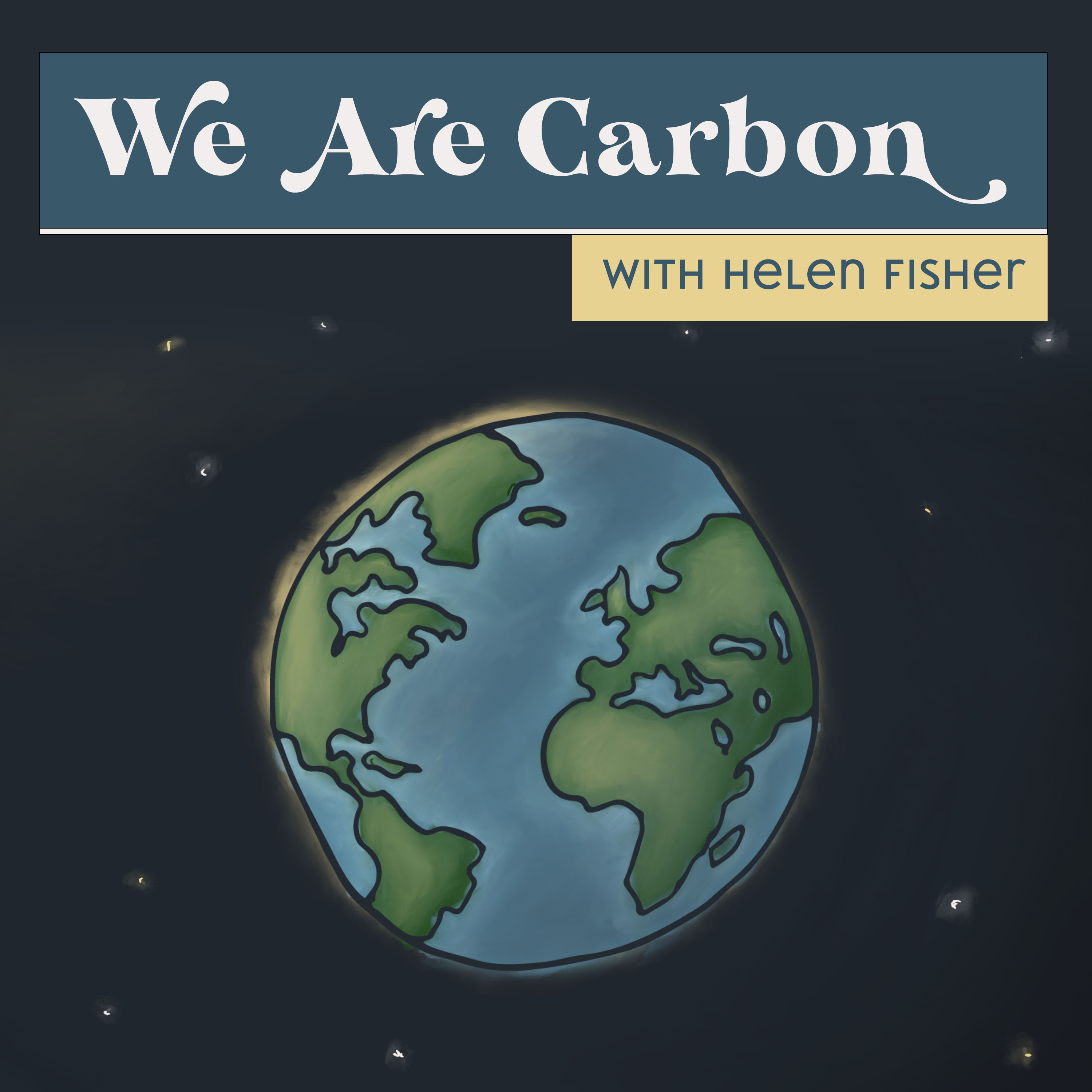Bio-hydrogen. From Plant Waste to Hydrogen Gas - With Dong Xiao
Episode Links:Find the video version on the website - https://www.wearecarbon.earth/....podcast-episode/bio- with Dong via email: xd (@) cumt.edu.cn (without the brackets or spaces)---------------In this interview I’m joined by Dong Xiao to explore his work within the research and development of a stable production method for obtaining purified hydrogen gas out of waste plant matter.It’s fairly well known that methane can be produced from the process of biodigestion; where the activity of microbes consuming organic matter has an output of gas that can be contained and then utilised.Prior to his focus on hydrogen Dong was researching the short comings of bio-methane. It’s a process that’s extremely inefficient due to the slow speed of digestion and the amount of material that just doesn’t get used up.So with a specialist understanding of microbial groups Dong and his team have worked on developing a process of digestion that is directed towards yielding hydrogen instead.The efficiency increase is astounding, obtaining gas from the entire volume of plant matter within hours rather than months!It’s offering huge potential as a source of renewable energy that also quite excitingly can play a role in a circular economy, as biproducts from the gas production can go on to be used as valuable materials.It is however a far more complex technology than producing methane and requires very fine tuned control and usage.Dong is sharing insights and an overview into his work here as he is very much up for open collaboration and partnership to ensure that this technology can be continually developed within a range of applications across the globe.

